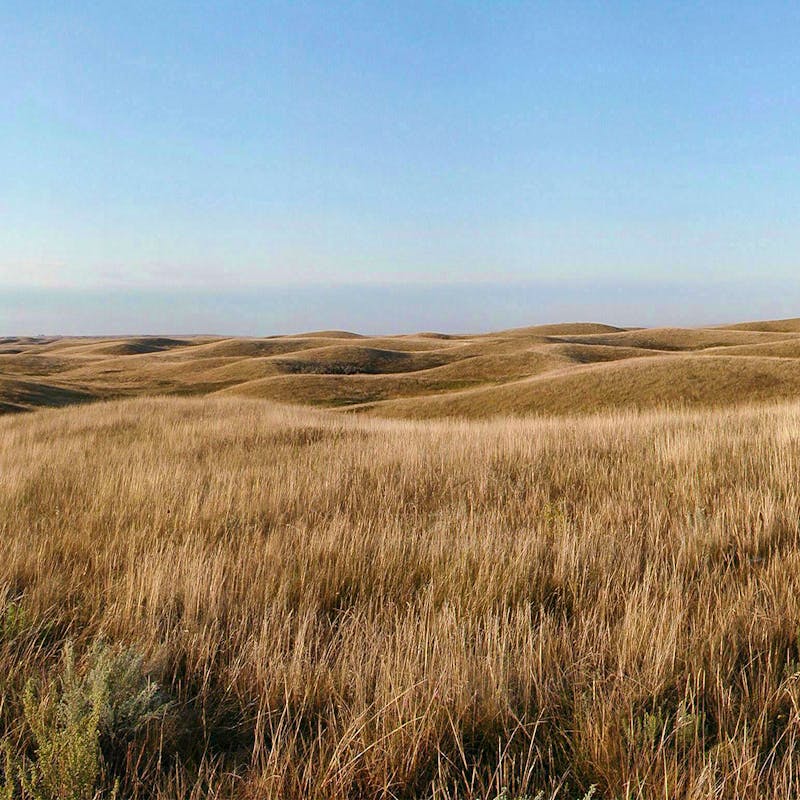Acting Secretary of the Interior David Bernhardt announced today that the U.S. Fish and Wildlife Service (Service) will soon propose a rule to delist the gray wolf in the Lower 48 states and return management to the states.
Jamie Rappaport Clark, Former president and CEO of Defenders of Wildlife, issued the following statement:
“This proposal by Acting Secretary of the Interior David Bernhardt to remove wolves from the list of endangered species is another egregious example of the Trump administration’s relentless assault on wildlife protections. The return of the wolf to the northern Rockies and Great Lakes is one of America’s greatest conservation successes, but wolves are still absent from much of their historic range where there is suitable habitat. The work of recovering this iconic species is not done and we will vigorously oppose this action.”
For over 75 years, Defenders of Wildlife has remained dedicated to protecting all native animals and plants in their natural communities. With a nationwide network of nearly 2.1 million members and supporters, Defenders of Wildlife is a leading advocate for innovative solutions to safeguard our wildlife for generations to come. To learn more, please visit https://defenders.org/newsroom or follow us on X @Defenders.
Media Contact
News

Defenders of Wildlife Announces Sierra Weaver as New Vice President of Conservation Law



